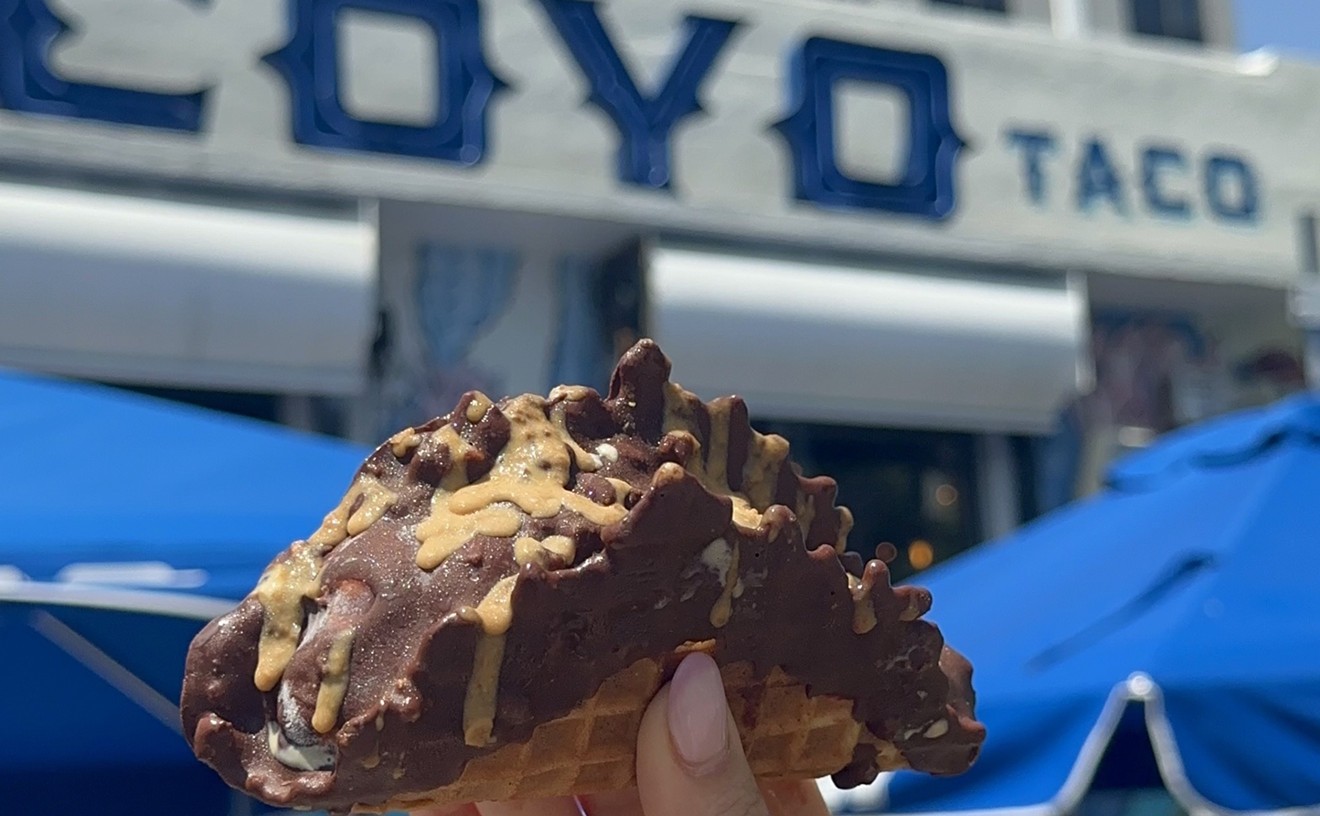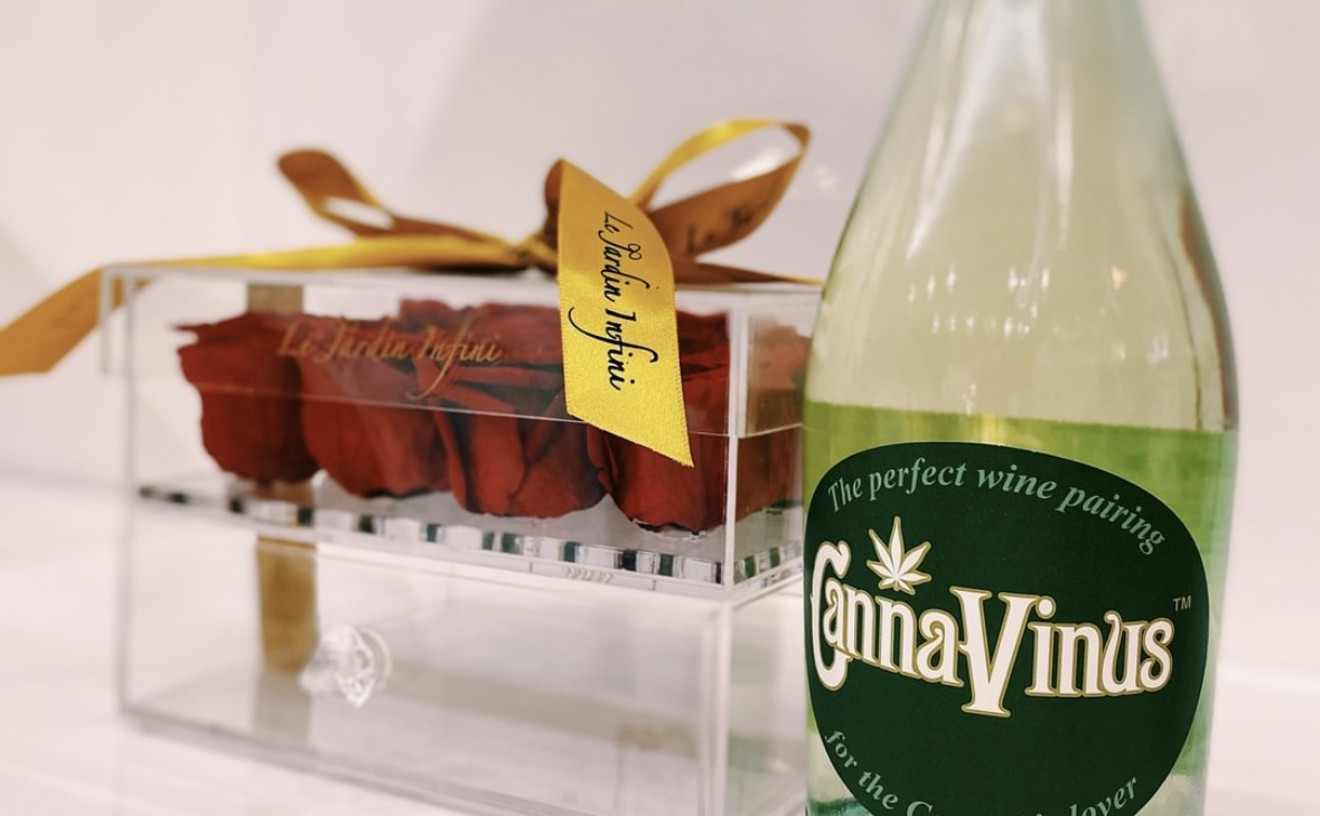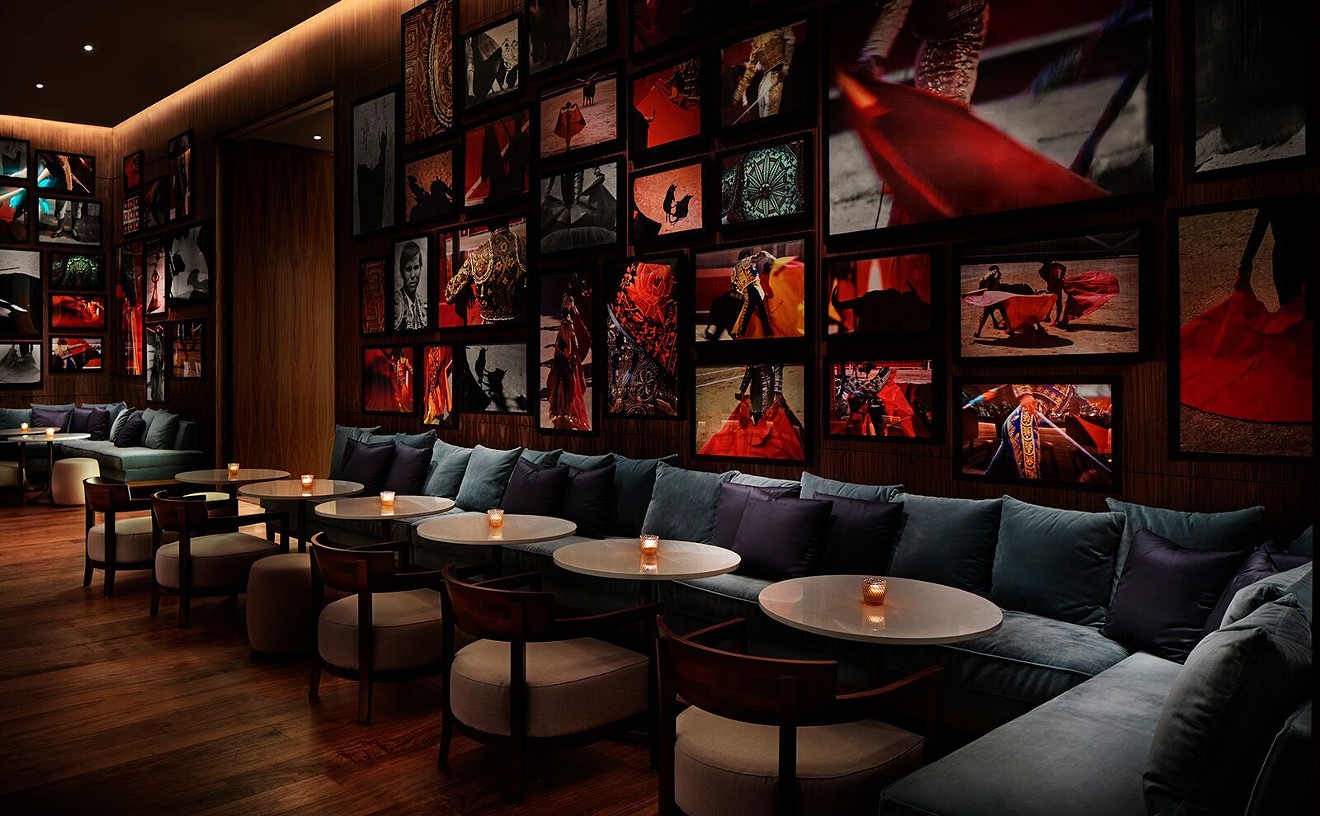At first thought giving away a restaurant might seem like a good idea, especially if a proprietor has run a place for a relatively short time but wants to get out. Typically, says Larry Broughton, former owner of the Surfside Café in Carpinteria, California, buyers want to see a track record of two years. He and his partner, John Alonge, only had about eight months invested in the café, but they wanted to concentrate on other businesses they owned. So the pair decided to hand it over to a winner.
Their competition required a $100 entry fee, along with a 400-word essay beginning with the words, “I've always had this idea about owning a restaurant in a California beach town ...” The contest received a ton of publicity, along with numerous entries. And while Broughton has never talked figures with the media, by June the proprietors had not only handed over the café, worth about $200,000, to essay writer Marc Alexander, they had decided to package the essay-writing contest format and sell it on a Website (SurfsideCafeContest.com) for $150 plus tax, shipping, and handling.
Apparently Broughton wasn't inspired by The Spitfire Grill; he claims to have thought up the notion on his own. But Kathie Kramer and her partner, Anne Goodfriend, owners of the Moffat Café in Winter Park, Colorado, were directly influenced by the film. “This past May we heard Larry Broughton being interviewed on NPR, so we tracked him down,” Kramer says. They purchased the Essay Contest Planning Guide from Broughton, and frequently look to him for advice as their own contest, which launched in August and requires a standard $100 entry fee, generates interest.
They probably didn't need to resort to such games, but it's more fun this way, Kramer notes. In addition the process allows the café to donate ten percent of the proceeds to the National Sports Center for the Disabled, a charitable tactic that gives the press room to be generous. (Broughton and Alonge gave ten percent of their profits to Clean Water Action, and even had a Clean Water Action representative announce the winner on April 15.)
In Buena Vista, Virginia, Margo Solod and James and Higgins Stewart, the proprietors of the up-for-grabs Boxcar Café, also plan to donate funds gleaned from their in-progress essay contest. In the official rules and regulations, the partners state that, “Half of any entry fees over the 1500 minimum [at $100 each] will be donated to the Main Street Buena Vista Council to help establish a children's play park in downtown Buena Vista.”
Solod, who initially was intrigued by The Spitfire Grill contest, is wary of selling the Boxcar Café in a traditional manner. She'd sold a restaurant before, but it turned out that the company that had bought the eatery was a front; hiding behind it were the inn's next-door neighbors, who were tired of living near a restaurant and proceeded to shut down the operation. This time they wanted to find people who had some love for the business.
But of course such a contest is a risk for both sides. One hundred smackers may seem like a small investment for a big payoff, but contestants should know what they're getting into. For one thing a first-time restaurateur can run a place into the ground, whether he gets a loan from a bank or wins the opportunity. At the Surfside Café, essay-contest winner Marc Alexander wound up selling his prize after about 45 days to current owner Steve Paul, says a worker at the restaurant. “If you worked here, you'd know why,” the employee adds darkly, referring to Alexander's lack of experience.
Interested essay writers should also scope out the restaurant itself. Many times this can be done via a Website or a visit to the premises. More important, entrants should check for hidden fees, which will usually be couched in some legalese in the published rules and regulations of a contest. At the Moffat Café, potential winners are advised that “the winner is subject to Landlord's approval, thus the winner must submit to Landlord a complete financial package for Landlord's review.” In other words the café is a leased property, and anyone who wins it will have to pay rent.
It wouldn't hurt to know the history of a restaurant, either. In what turned out to be an ugly scenario in Fort Lauderdale, Chris Stasinos, owner of the now-defunct Riverwalk Brewery and Grill, launched a 1995 essay contest on the same day that Broward County filed a lien for almost $88,011 against the brewery's equipment. Stasinos wound up closing the place abruptly in October of that year, after the county seized the equipment. Although Stasinos posted an information number on the door of the brewery, it is unclear whether contestants' fees were returned. A winner was never announced. In 1996 the location became the Independence Brewery and Restaurant, and new owner Ture Tufvesson (and partners) assumed responsibility for the property taxes, which by then totaled more than $90,000.
In order not to be cheated, it's a good idea for essay writers to investigate the legality of the giveaway, which depends on the state and county in which the contest is being engineered. In most states an essay contest, where some element of skill is involved, is legal.
But in many, including Florida, where a state lottery is established, contests that can undermine it are considered illegal. Gambling of any kind also is strictly regulated. In particular the general public should be wary of raffles, such as the one currently being run by a restaurateur, who will only identify himself as Jeff, and who won't reveal the name of the eatery he is giving away in Boca Raton because, “I'm trying to keep it where business isn't interrupted.” Posted as a small ad in the back section of Nation's Restaurant News, the contest is advertised as a “$100 raffle ticket [that] could win you your own restaurant/café!!” The ad specifies that 2000 tickets will be sold, and that the unnamed eatery, a turnkey operation that will include all furniture, fixtures, and equipment, currently is grossing approximately $300,000. Jeff claims, too, that the business has no debt or liens, and that the checks from entrants go into an escrow account overseen by his law firm, Weintraub and Weintraub in Deerfield Beach.
Johni Hardiman, division chief of the criminal intake unit for the State Attorney's Office in Miami-Dade County, admits, “I would have questions if I were considering buying a ticket.” But she admits the rules are sometimes relaxed for nonprofit organizations such as churches, synagogues, or schools who want to run a raffle.
A private enterprise is hardly nonprofit, though. According to Connie Crawford, bureau chief in the division of licensing at the Department of State in Tallahassee, such a raffle is indeed illegal in Florida. She cites Florida gambling statute 849.094, which states that “it is unlawful for any operator ... to require an entry fee, payment, or proof of purchase as a condition of entering a game promotion.” Game promotion is defined as a contest, game of chance, or gift enterprise. Jeff is calling his contest a sweepstakes, but Crawford says, “A sweepstakes is only legal if it does not require an entry fee.”
Assistant Attorney General Bob Buchner of Broward County concurs that this particular raffle is illegal. He points out that there is “a fee, a prize, and a primary element of chance -- the three things that constitute gambling.” It may be that Jeff is following the advice of the ex-con in The Spitfire Grill who, when queried about the legality of the contest, ventured, “It must be legal if it's been done before.”










